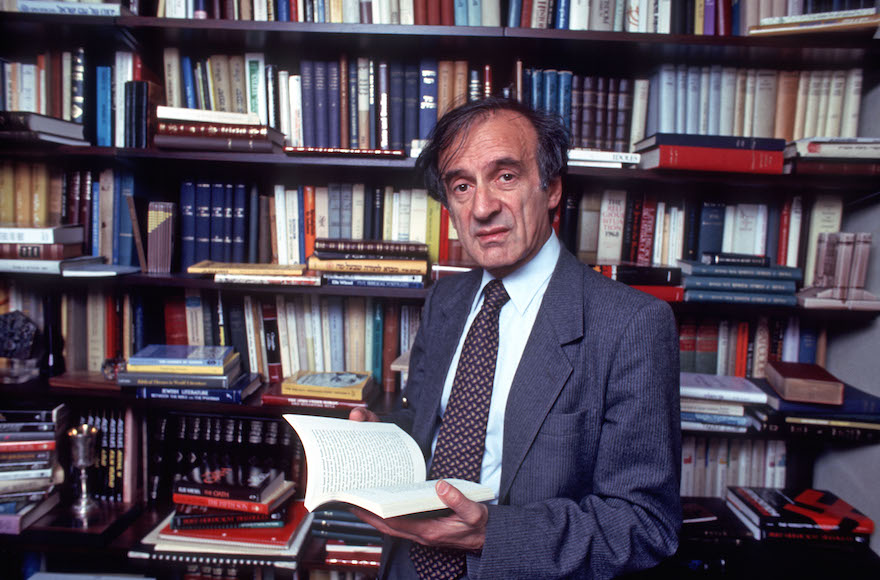Nobel Peace Prize winner Elie Wiesel said here Wednesday night that if and when Soviet leader Mikhail Gorbachev comes to Washington for a summit meeting, he will try to bring a half million people to Washington to demonstrate on behalf of Soviet Jews. “What I want to do is that the civil rights march of the 1960’s should be succeeded by the human rights march for Soviet Jewry in the eighties in Washington,” Wiesel told a dinner in his honor.
He arrived at Ben Gurion Airport Tuesday night, on his first visit to Israel after receiving the 1986 Nobel Peace Prize in Oslo December 10. Wiesel told reporters he had promised himself that he would come to Israel immediately after accepting the award because “This is where I feel most at home.”
But the 58-year-old author and Auschwitz survivor seemed taken aback by the sharp criticism leveled against him in some quarters. Many Israelis deride Wiesel for not settling in the Jewish State. He is an American citizen.
Nationalist elements have attacked him for asserting in his acceptance speech in Oslo last week that the Palestinian people also had rights which should be respected.
CITES ‘INDESCRIBABLE’ RECEPTION
Wiesel said he believes he was given the Nobel Peace Prize for his activities on behalf of the universal struggle for human and civil rights, for all people, not only Jews in the Soviet Union and elsewhere. He called his reception in Oslo “indescribable” both personally and as a Jew.
“I found great understanding for the Jewish people, and particularly for the plight of Soviet Jewry. I hope we shall succeed in bringing more Jews out” of the USSR, he told reporters at Ben Gurion Airport.
Wiesel lunched with Premier Yitzhak Shamir Wednesday and appeared in a video film being shot here about the Western Wall for Boston University. He also attended ground-breaking ceremonies of the Holocaust Memorial Synagogue and Torah Center in the Kiryat Ungvar quarter of Jerusalem. It will be named in honor of his father, Shlomo Halevi Wiesel, who perished with all other members of his family in the Holocaust.
JTA has documented Jewish history in real-time for over a century. Keep our journalism strong by joining us in supporting independent, award-winning reporting.
The Archive of the Jewish Telegraphic Agency includes articles published from 1923 to 2008. Archive stories reflect the journalistic standards and practices of the time they were published.




